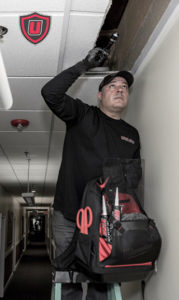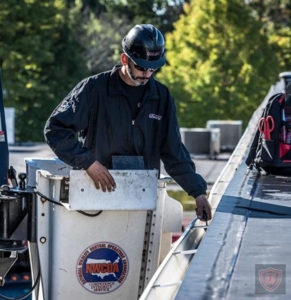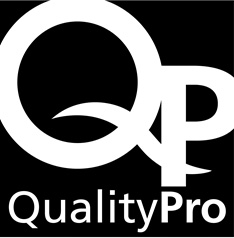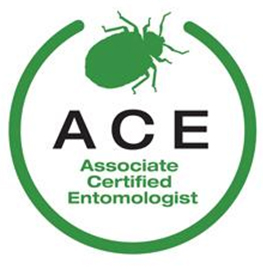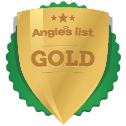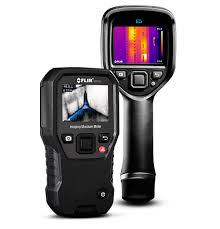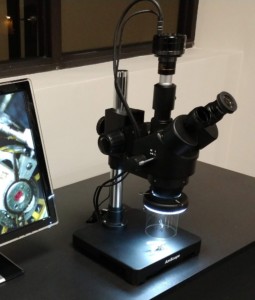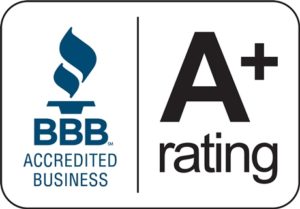Expert Pest Inspection
A quality Pest Inspection is an important first step in the Integrated Pest Management process and must be performed by a qualified pest professional.
Not all Pest Inspectors are created equal. Some Pest Companies that offer Free Inspections, involve little more than a salesperson with a service contract in hand!
The Pest Inspection Difference At Ultra Safe Pest Management
Ultra Safe Pest Inspectors are among the very best in the industry. These experts complete advanced training and possess the highest levels of Pest Control licensing and certifications.
Our inspectors are licensed pest specialists, NOT Salespeople! Our Expert Pest Inspectors will design a custom, site-specific plan of action and long-term solution.
Ultra Safe’s Pest Inspection Process
- Identify the presence of pest activity
- Locate entry points in the structure(s)
- Identify food sources
- Locate breeding and harborage sites
- Identify damage caused by pests
- Determine the best site-specific management practices
- Create a Site Specific Integrated Pest Management Plan (IPM)
Specialized Inspection Equipment
Ultra Safe equips Pest Inspectors with advanced technology like professional moisture meters, thermal imaging, and specialized cameras to help detect pest activity and conducive site conditions.
Detailed Pest Inspection Report & Documentation
An expert inspector accurately identifies and documents pest activity present. Details regarding site conditions, areas inspected, species involved, solutions options and other important information are noted in the pest inspection report. Reports are emailed to customers and are also available in our online ‘Customer Connect Access Portal.’
Pest Inspections Help Prevent Infestations
Routine inspections provide long-term prevention because the early detection of pest activity is often easier to treat and can prevents future infestations.
A Quality Pest Inspector Will Check All The Areas!
All areas of the property should be inspected during the pest inspection. In order to achieve the best results, special attention is made to high-risk areas like attics, crawlspaces, under porches, sub basements and other areas where pests and rodents may be active.
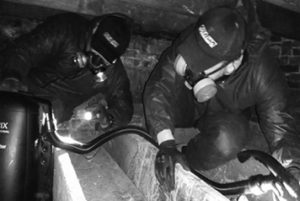
Exterior Pest Inspection Checkpoints
Not all, but certainly the majority of household pests enter the structure from outside. For this reason the exterior inspection is considered high-priority.
- Foundation – Inspect for active or potential entry points like, pipe-penetrations, holes, cracks, crevices etc. Common pests include crawling insects, rodents, ants and termites.
- Visible Roofline/Dormers/Siding/Trim/Soffits – Inspect for entry points, common pests include stinging insects, spiderwebs, pest birds and signs of damage nuisance wildlife activity.
- Gutters and downspouts – Check that gutters are properly draining, document any vegetation growth, visible debris or standing water as these conditions are conducive to pest activity.
- Doors and windows – Inspect for gaps, entry points or missing/damaged screens.
- Vents and Chimney Caps – Inspect and document any missing chimney caps or vent covers that may allow pests and unwanted wildlife to gain access.
- Pipe Penetrations – Check for gaps around pipe penetrations and utility lines where rodents and insects can enter.
- Decks, Porches and Balconies – Inspect around and under all decks and porches for signs of pest activity.
- Trash and garbage – Check that these areas are clean and trash is properly stored in tightly closed, pest resistant containers.
- Conducive Conditions like overhanging tree branches, dense vegetation close to the structure, standing water, etc.
Interior Pest Inspection Areas
(FOCUS ON HIGH-RISK AREAS)
- Basement
- Attic
- Kitchen
- Garage
- Storage Rooms
- Closets
Staff Entomologists Ready For Your Specimen ID.
Our Associate Certified Entomologists are available to identify any species of pest. Our experts can identify insect pests that an average exterminator overlooks or fails to properly diagnose. Send us your pest photo and get a Free Pest ID!
TIP – Only hire pest inspectors that are licensed by the state. In Massachusetts, only inspection reports, completed by a ‘Licensed Pest Inspector’ are approved by public health officials, or real estate professionals.

